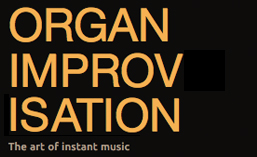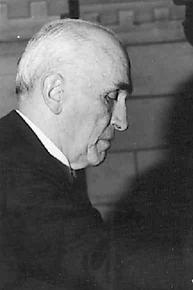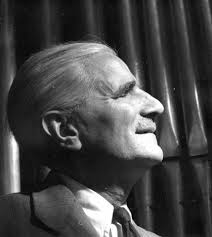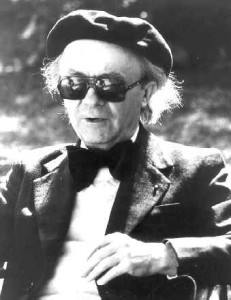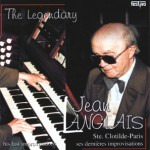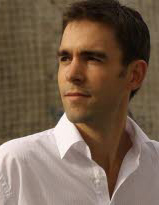 YouTube Channel:
YouTube Channel:
https://www.youtube.com/user/VJOrgue
Born in 1980, Martin Bacot studied piano with Christine Pagès and harmony with Jeanine Boutin at the Conservatoire National de Région de Versailles. Il has studied organ with Georges Robert, Eric Lebrun, Vincent Warnier, and Pierre Pincemaille.
Having earned his Premier Prix d’Interprétation from the CNR d’Angers, a premier Prix d’Improvisation à l’unanimité from the CNR de Saint-Maur-des-Fossés, Martin Bacot has also won several improvisation competitions:
• Second prize in the Concours “Orgues sans frontières”, Sarrebrück in 2001
• First Prize in the Concours de Schwäbisch Gmünd in 2009
• Grand Prix André Marchal and Prix Englert in the Concours André Marchal in Biarritz in 2009
In 2010, he was a finalist in the Haarlem International Improvisation Competition.
From 1998 to 2010, he regularly replaced Pierre Pincemaille at the Cathédrale de Saint-Denis. In 2011 he became organist titulaire at the Église St Louis de la Guillotière in Lyon.
In addition to his musical studies, Martin Bacot studied architecture at the Ecole Supérieure d’Architecture in Versailles, earning his diploma in 2006. In addition to his concert activities, he works in Lyon as an architect specializing in the restoration of patrimony.
Videos:
Martin Bacot – Improvisation sur un texte biblique – Finale Concours André Marchal 2009
Martin Bacot – Improvisation sur un choral imposé – Concours André Marchal 2009
Martin Bacot – Improvisations in German Baroque Style – Haarlem Wallon church
Martin Bacot – Improvisation on Coventry Carol – Coventry Cathedral
Martin Bacot – Improvisation sur l’introÏt de l’Ascension ‘Viri Galilei’ – Cathédrale de Troyes
